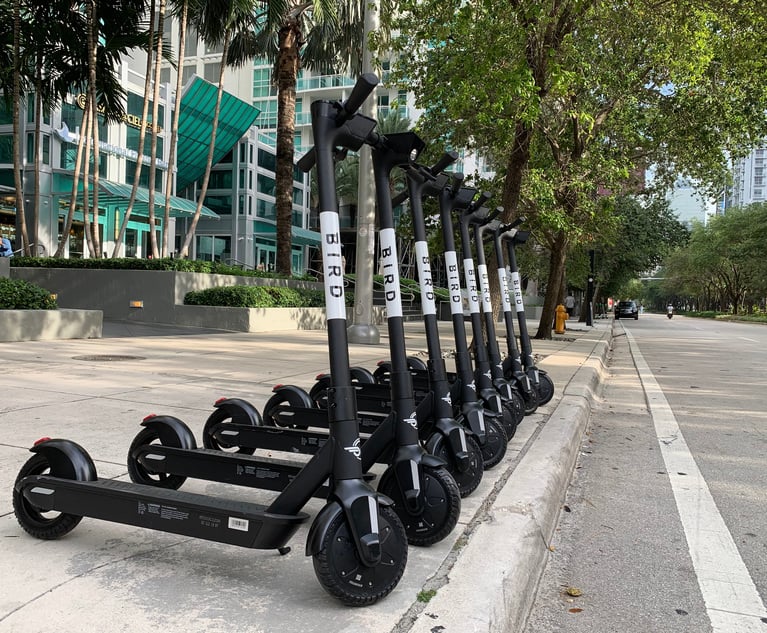Costly supply chain disruptions have hounded businesses worldwide since the pandemic began, and continue to do so today. Companies with complex global supply chains have encountered further disruptions in the wake of other recent catastrophes, including Russia’s invasion of Ukraine, which threatens critical supplies of products throughout the world. Businesses have historically protected themselves from supply chain disruptions through contingent business interruption (CBI) insurance, which covers their losses due to physical damage to the property of a supplier or customer. Below we examine the potential limitations of CBI coverage and the practical challenges of litigating CBI claims. We also discuss ways to draft stronger CBI policies and the growing popularity of other types of insurance in response to global supply chains that are increasingly reliant on just-in-time sourcing and that continue to be aggravated by recent disasters.
Who Qualifies as a Supplier or Customer?
An insured’s CBI recovery may depend wholly on whether the physically damaged third party is a “supplier” or “customer” under the policy. Insureds grapple with the risk that unknown entities may sustain physical damage, curtailing their operations, without triggering coverage. Insurers struggle to provide coverage without assuming liability for a limitless number of unidentified entities in the insured’s supply chain, often requiring that the insured have a “direct” relationship with the damaged entity.


 Photo: Nasakid12 via Adobe Stock
Photo: Nasakid12 via Adobe Stock




